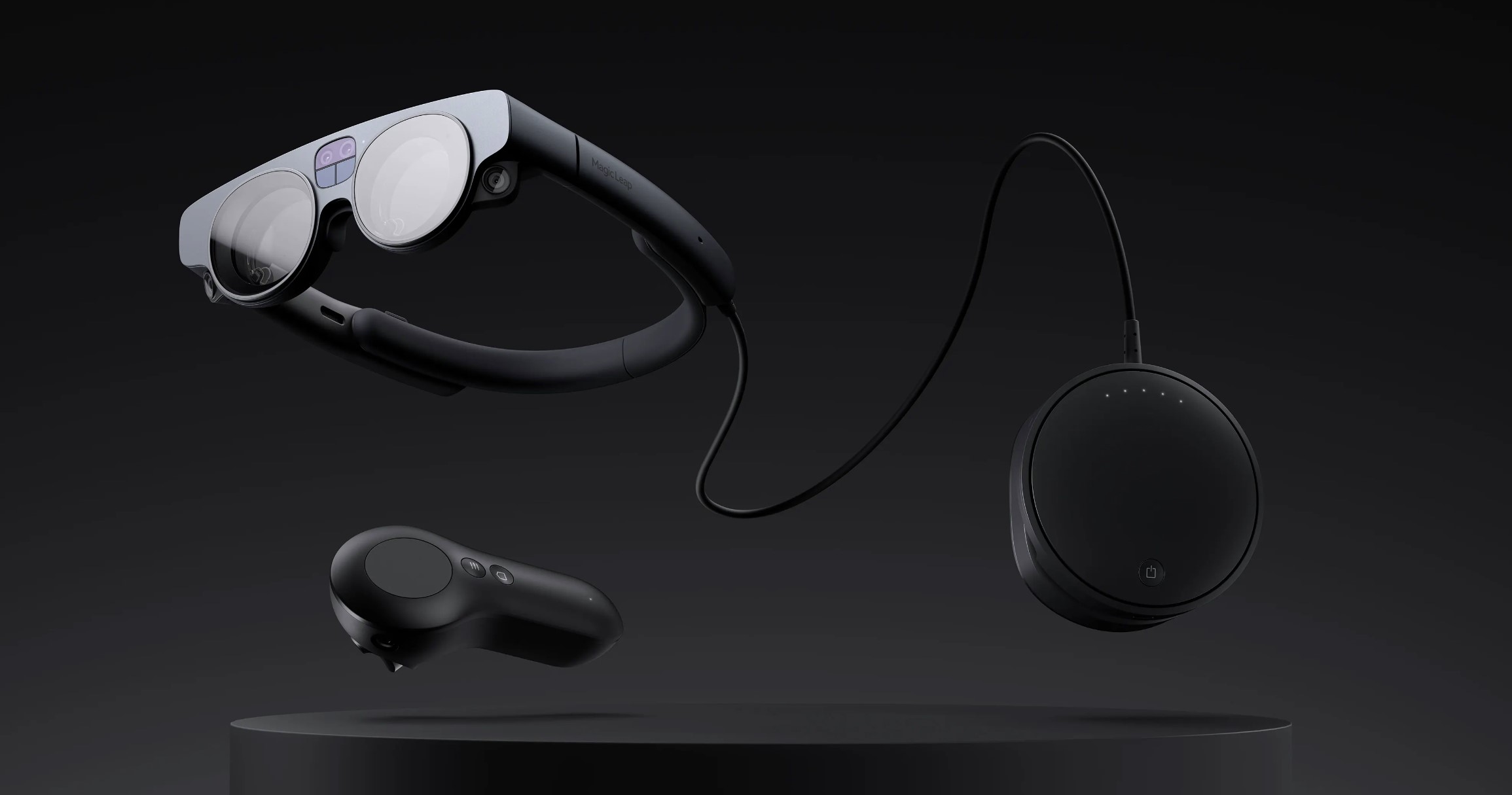Magic Leap 2 AR headset launches September 30th for $3,299

On September 30th, the Magic Leap 2 smartglasses will be available for $3,299. The mixed reality gadget is a smaller and lighter version of the existing Magic Leap, with enhanced specs including a wider field of view — but also as expected, a higher price.
The Magic Leap 2 is already available to a select few partners, including neurotech firm SyncThink and other medical firms. In September, it will be accessible to the public in several regions, including the United States (where it's being sold through distribution partner Insight), Canada, the United Kingdom, Germany, France, Italy, Spain, and Saudi Arabia. Japan and Singapore are targets for end-of-year 2022 debuts.
The headset comes in three different packages, each of which is tailored to a certain use. The $3,299 “Base” package includes the headset and an express warranty. The $4,099 “Developer Pro” option adds development software tools and early access to software releases, but it's only for internal development — not full commercial rollout. The $4,999 “Enterprise” version provides quarterly software upgrades and management tools for deploying the headsets across an organization.
All packages include the Magic Leap 2 headset, the computer puck that drives it, and a basic remote-style controller. It's the same basic shape as the last headset, which cost between $2,295 and $3,595 depending on where you bought it. It has an extended 70-degree angle of view, which is considerably less boxy than its predecessor (316 grams to 260). The full hardware specifications for the Magic Leap 2 have been published since January — and Magic Leap has been discussing it since 2019 — but they may now be found on its product page.
While it is true that the Magic Leap headsets are developed to be used in business, not personal settings, the company has stated that the headset will primarily be utilized in enterprise. The firm has expressed an interest in re-entering the consumer sector in the future, but there's still no indication of it happening - which isn't surprising. Even large consumer companies like Apple and Meta have delayed releasing mass-market glasses for now.
Source: www.theverge.com